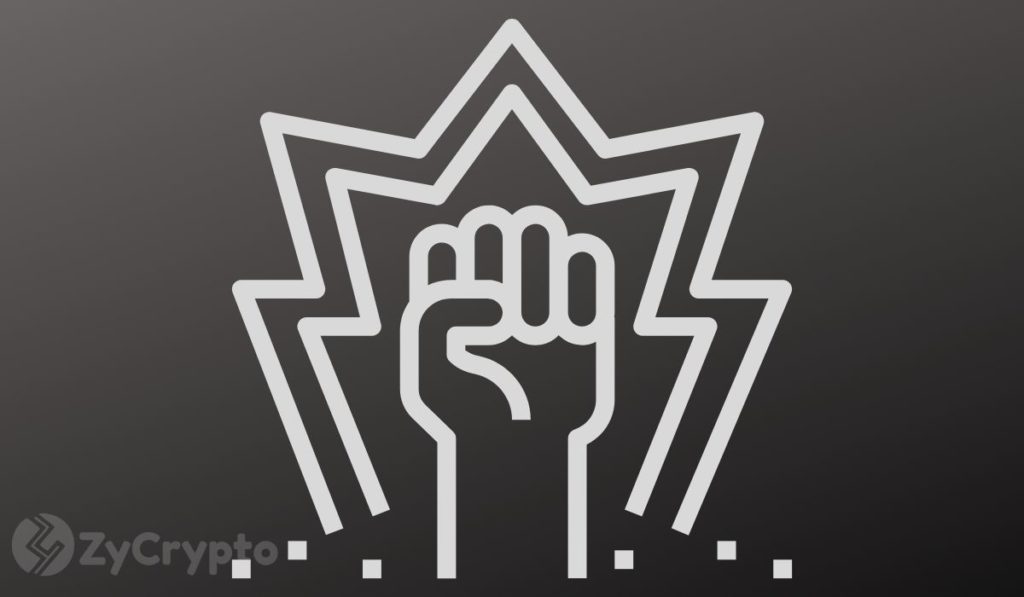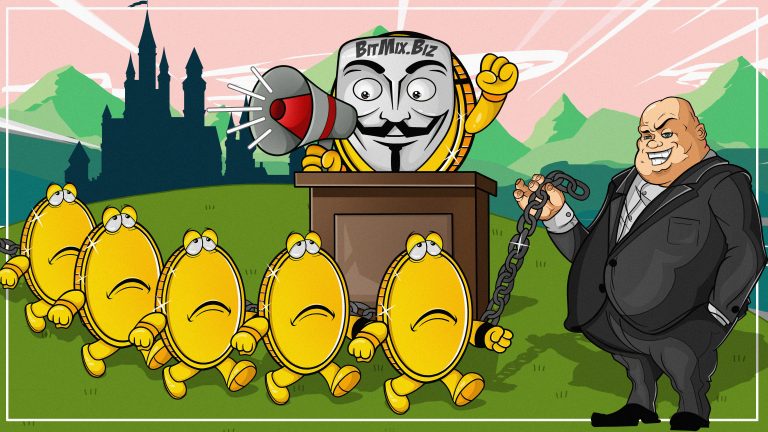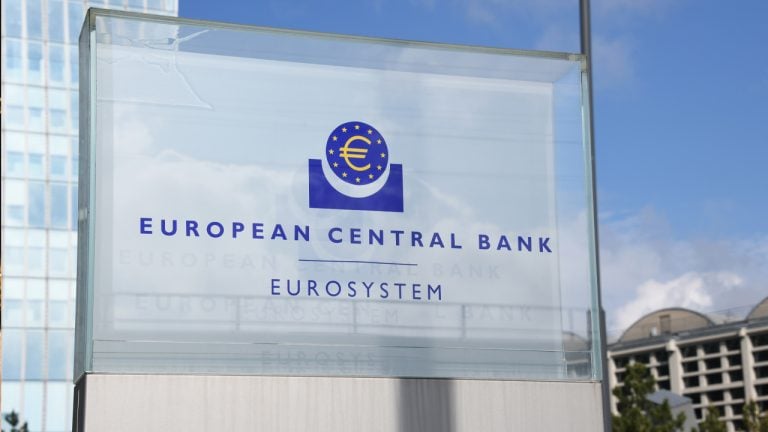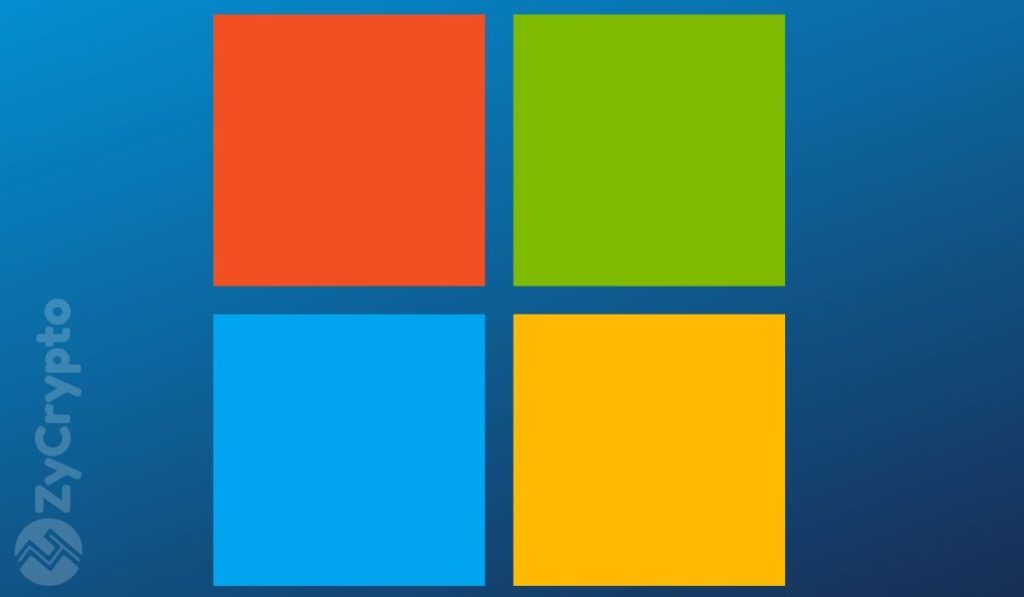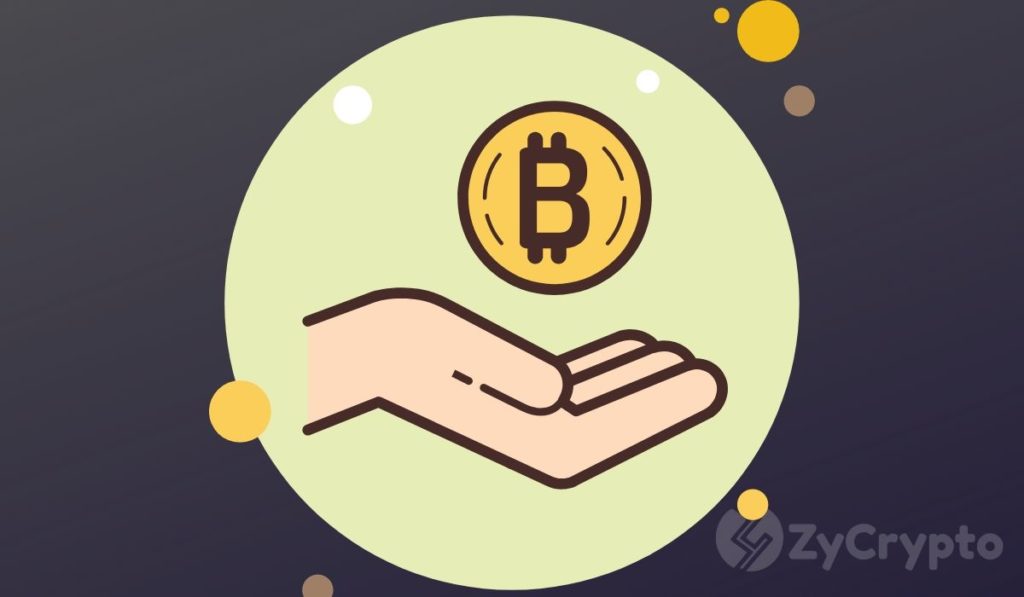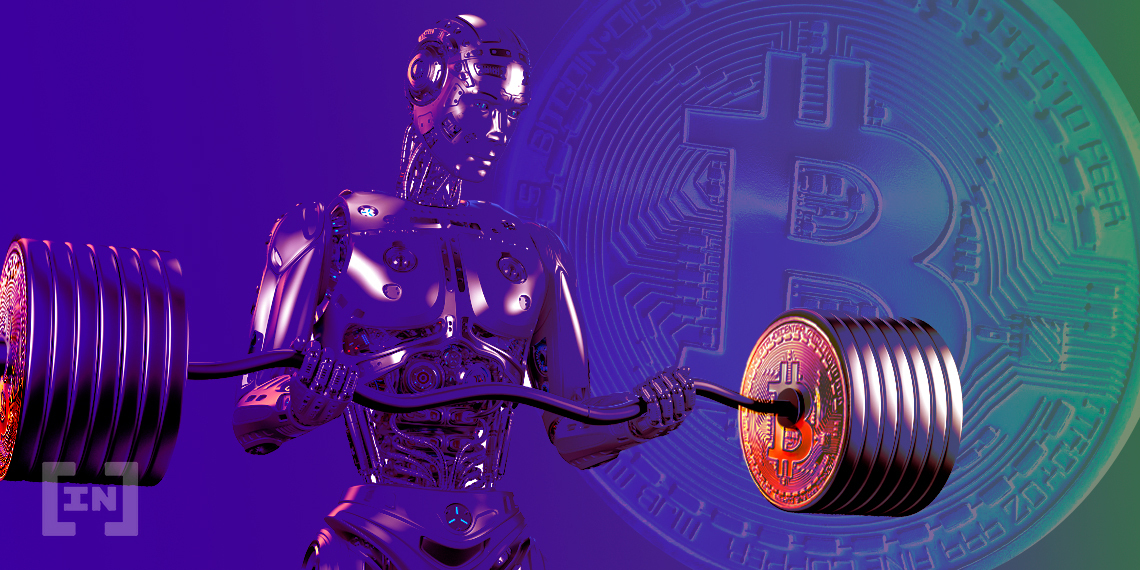2022-9-28 21:55 |
Several mining entities have attempted censorship attacks on the Bitcoin network. Does the practice pose a threat to its permissionless ethos?
This is an opinion editorial by Zack Voell, a bitcoin mining and markets researcher.
Bitcoin is designed to be a permissionless, censorship-resistant financial tool, and miners are supposed to be one of several groups that support this functionality. Yet transaction censorship attempts by mining is becoming an increasingly important discussion topic as the mining industry landscape has dramatically changed in the past two years. Indeed, some mining teams have gone out of their way to design and launch products that censor certain transactions from being included in new blocks.
This article looks at the history of attempts at censorship from certain actors in the mining sector. It evaluates the successes or failures of these attempts and notes potential types of mining-related attacks for the future.
Bitcoin Mining Censorship AttemptsOne of the most recent and cautionary examples of attempted miner censorship occurred in Q2 2021 by Marathon Digital Holdings, a publicly-traded mining company with its own mining pool. At the end of March 2021, the company announced it would launch the first North America-based “fully compliant” mining pool, specifically naming standards set by the Office of Foreign Asset Control (OFAC) in its press release that can be read on the SEC’s website here.
To be clear, this action was entirely voluntary by Marathon and not the result of an actual OFAC requirement. In May, the pool started filtering the transactions that it mined. Less than one month later, it terminated the experiment. Perhaps a mix of misunderstanding the Bitcoin protocol and seeing its payouts dusted by addresses associated with the Hydra market — a large Russian dark web drug marketplace — were the reasons behind calling it quits. But some seem not to have forgotten this incident, as evidenced by an unknown entity redirecting the link ofacpool.com to Marathon’s website.
In 2020, a blockchain analytics firm called Blockseer launched a beta version of a similar OFAC-compliant mining pool that would require all miners to complete know your customer (KYC) verification and would maintain a blacklist of addresses to prevent processing transactions from them. Blockseer also had a patent-pending tool for filtering transactions, according to the company. Across Twitter and Bitcoin Talk, the broader Bitcoin community laughed, mocked, and shamed this project for obvious reasons. A mining company called DMG later started using the pool, and shortly after merged its hash rate with Marathon’s pool.
Is Mining A Threat To Bitcoin’s Censorship-Resistant Ethos?The Bitcoin protocol is designed to withstand censorship attacks from within its network and from without. The core ethos of the entire Bitcoin experiment is to create a permissionless, uncensorable financial tool for the world. But each piece of the network — nodes, developers, exchanges and even miners — represent various potential attack vectors whose exploits must be thwarted.
Mining attack vectors won’t simply fade away, especially as the mining sector continues to grow with tens of billions of dollars invested and hash rate continuing to set new record highs. Many of these potential weaknesses have been explained and discussed at length across many online forums, including the Bitcoin Wiki, the Braiins mining blog, the Bitcoin Talk archives and, of course, Twitter. And with the specter of miner extractable value (MEV) looming in Bitcoin’s horizon, the complexity of some attacks will surely increase as the landscape of mining revenue also changes.
Previous and potential mining attacks, however, have led to some misinformed thinking and analysis about the state of network censorship. Ari Paul, CIO at BlockTower Capital, correctly observed that most mining companies are regulated entities, not rogue, independent or more or less off-grid operations. But he later suggested that large-scale mining censorship is already happening, which is not the case, as members of the industry noted in response to Paul’s tweet, and evidenced by the fact that the industry is small and vigilant enough to not overlook en masse censorship of the kind Paul suggested. And, as the previous section explained, many such attempts have publicly failed. Continued vigilance is important, but misrepresentations are counterproductive.
Individual censorship by one or a few mining entities, moreover, is far less of a concern than complete network censorship. The difference here is not trivial. A couple of governments or a couple of mining pools, for example, conspiring to censor bitcoin transactions inhibits their own ability to claim maximal mining rewards, it does not limit, slow or stop the flow of transaction verification and propagation.
Beyond Bitcoin CensorshipEven though Bitcoin represents over 95% of the total market value of all proof-of-work cryptocurrencies, mining-related censorship concerns are not exclusive to Bitcoin. And the other protocols that deal with censorship could inform ways that Bitcoin users, builders and investors think about avoiding mining attacks themselves.
F2Pool, for example, is one of the largest bitcoin mining pools and has one of the largest Zcash mining pools. The latter pool has previously been watched for transaction censorship-through-exclusion from new blocks. One analyst has said this practice has gone on since April 2017, claiming that “shielded transactions” are “underrepresented” by “three orders of magnitude” in the pool.
And prior to its highly-controversial switch away from proof of work, Ethereum miners also wrestled with privacy-related censorship incidents as Ethermine, one of the largest miners, stopped including transactions routed through coin mixing service Tornado Cash. This service was targeted and sanctioned by the U.S. Department of Justice earlier this year, as Bitcoin Magazine previously reported.
The Need For VigilanceMost of the mining censorship incidents in Bitcoin’s history have been promoted by new or expected regulation, which should signal regulation as one of the industry’s most watched attack vectors. And more regulations (meaning, possibly more censorship attempts) for the mining industry are coming as bureaucrats and elected officials alike pay more attention to bitcoin, its global adoption and the concern trolling about its energy use. Almost every miner expects more robust and probably (in many jurisdictions) more restrictive regulations for miners. This makes the importance of protecting against mining-related attack vectors all the more important.
Marty Bent explained some plausible hypotheticals around new mining censorship in this edition of his Bitcoin newsletter. But even if Bitcoin is censored in one place, miners will still process transactions and continue hashing in another. Bitcoin is unstoppable no matter how many politicians or even other miners try to censorship and impede it.
This is a guest post by Zack Voell. Opinions expressed are entirely their own and do not necessarily reflect those of BTC Inc or Bitcoin Magazine.
origin »Bitcoin price in Telegram @btc_price_every_hour
Speed Mining Service (SMS) на Currencies.ru
|
|



